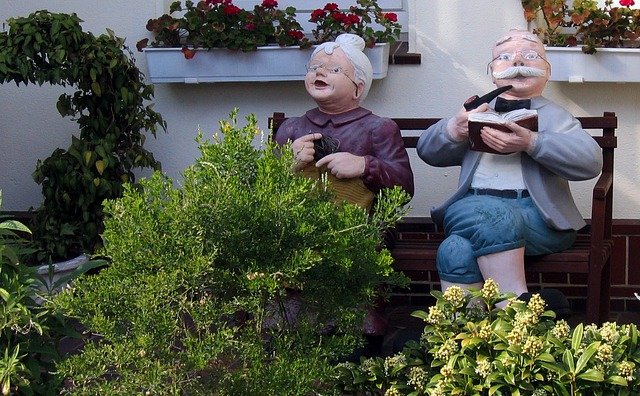Retirement signifies a significant milestone in one’s life—a phase where the pace of life slows down, allowing for a shift in focus towards relaxation and pleasure, including how to buy a second home. While some retirees opt to stay in their existing homes, a growing proportion are contemplating the idea of buying a second home tailored to their retirement years. This emerging pattern extends beyond mere luxury and signifies a carefully considered decision that offers more than just a getaway from urban life’s commotion. It also presents a chance to create lasting memories in a peaceful environment. In this piece, we explore different facets linked to acquiring a second home for retirement, including how to buy a second home. We will assess the pros and cons thoughtfully while providing useful advice to those who are mulling over this appealing prospect.
The Allure of a Second Home
The concept of possessing a second home during retirement is gaining traction due to a multitude of reasons. Among the primary driving factors is the yearning for a change in scenery. After years spent amidst city life or suburban routines, retirees often find themselves longing for a quieter and more visually pleasing environment. Second homes situated in scenic countryside or coastal regions can serve as the perfect backdrop for relaxation, allowing retirees to reconnect with nature and relish a more serene pace of life.
Investment in Memories
Purchasing a second home during retirement isn’t just about acquiring property; it involves an investment in the creation of treasured memories. These residences can transform into familial gathering spots for holidays and special occasions, facilitating the coming together and bonding of multiple generations. The grandchildren, nurtured by fond recollections of visits to the second home, can foster robust family ties that endure a lifetime.
Financial Considerations
While the allure of a second home is strong, it is crucial to approach this decision with fiscal prudence. Acquiring and maintaining a second property carries costs that go beyond the initial purchase price. Property taxes, maintenance expenses, insurance, and possible renovations should all be integrated into the decision-making process. Seeking advice from financial advisors is advisable in order to gauge whether owning a second home aligns with one’s retirement budget.
Selecting the Appropriate Location
The location holds paramount importance when it comes to second homes. It transcends mere visual appeal; it also encompasses convenience and accessibility to essential services. A retirement sanctuary should strike a balance between tranquillity and proximity to amenities such as medical facilities, shopping centres, and recreational activities. Additionally, the climate should be taken into account—opting for a milder or more temperate climate might prove preferable as one age.
Full-Time vs. Part-Time Residence
A pivotal decision to make revolves around whether the second home will serve as a full-time dwelling or a part-time getaway. Some retirees choose to make a complete transition to their second home, while others divide their time between their primary residence and their retirement haven. Each option has its own merits, with the choice dependent on personal inclinations and practical considerations.
Renting During Absence
For those who intend to spend only a portion of their time in the second home, the option of renting it out during periods of absence can be a judicious financial move. Platforms such as Airbnb and Vrbo have streamlined the process of connecting with potential renters. This practice can help offset the expenses tied to owning a second property and even generate supplementary income for one’s retirement.
Emotional and Social Factors
Retirement retreats can offer a serene escape, but it’s crucial to ponder the potential for isolation that might accompany residing in a sparsely populated area. Feelings of loneliness can be a genuine concern, especially if the new location is far removed from friends and family. Prior to making the leap, it’s essential to contemplate how to uphold social connections and engage in meaningful activities that contribute to a fulfilling retirement.
Purchasing a second home for retirement involves considerations spanning finances, emotions, and lifestyle. It provides an opportunity to establish a personal sanctuary where relaxation and enjoyment take centre stage. From financial deliberations to location choices and the decision of full-time versus part-time residency, each facet requires deliberate contemplation. When approached thoughtfully, a retirement haven can unlock a truly golden phase of life, brimming with fresh adventures and cherished recollections.
Related Article: 7 Home Improvement Projects to Tackle Before Moving into a New House


